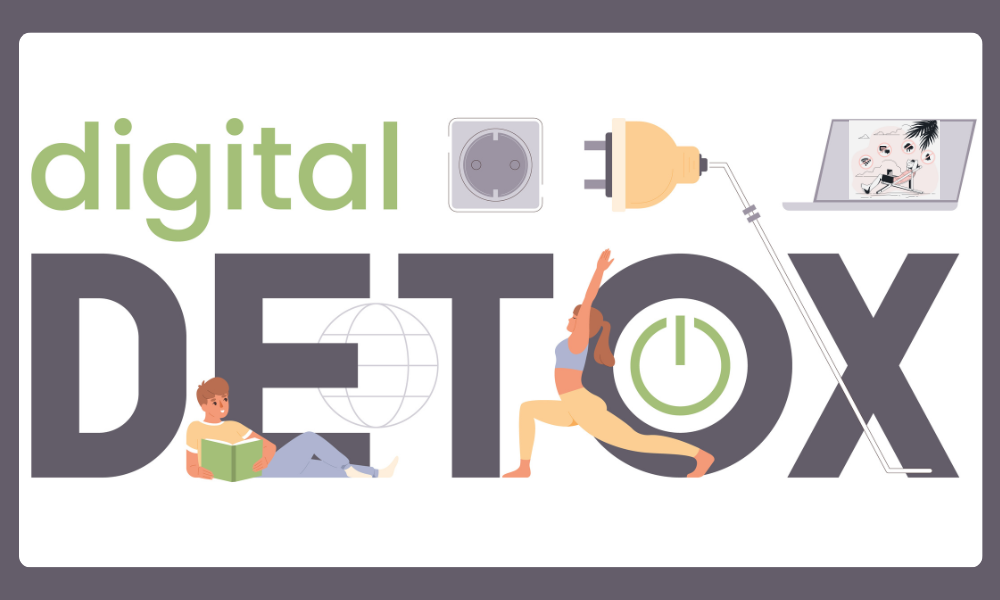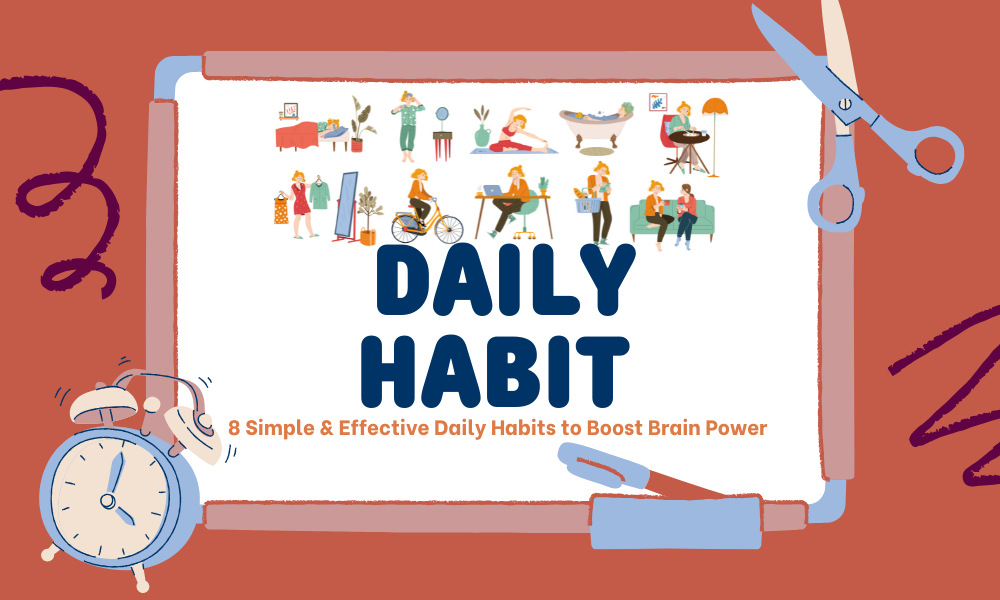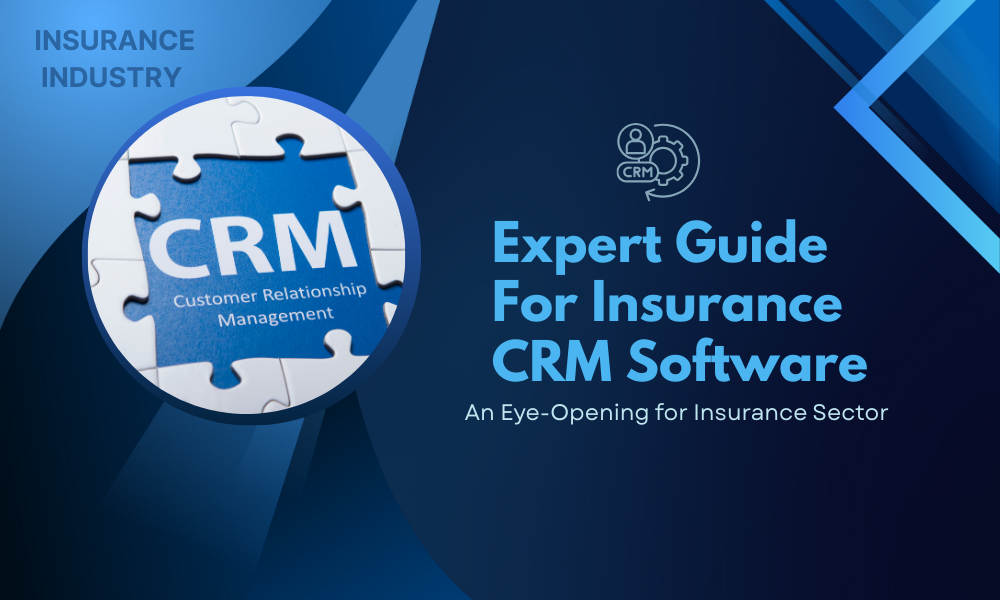What Is Business Intelligence? A Guide to Smarter Decisions and Growth
Discover the revolutionary power of business and data-driven decision-making and in business organizations, examining how these disciplines enable companies to make smart decisions based on real-time Information, analytics, and actionable insights in making strategic growth. This article shows how BI tools automate data collection, improves decision-making, delivers richer customer insights ensuring accuracy and integrity in financial reports.
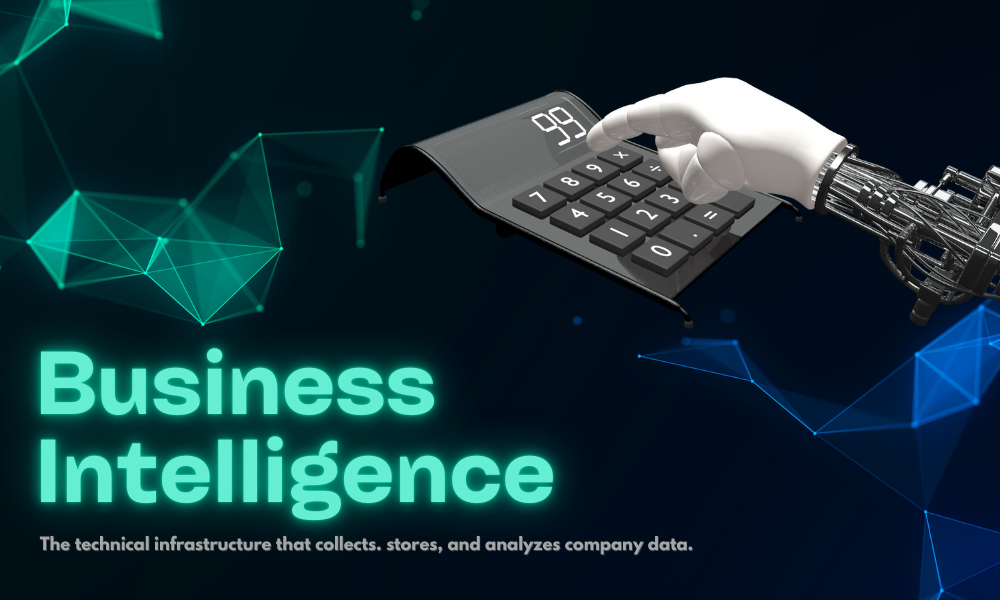
What is Business Intelligence (BI)?
Business Intelligence is a technology driven process which is used to modify unstructured data into significant insights that increases profitability, efficiency, and business competitiveness.BI tools enable real-time tracking of financial performance, helping businesses react quickly to changing financial conditions and attain strategic growth.
Advantages of Business Intelligence
1. Better Decision-Making
One of the key advantages of Business Intelligence is that it can enhance decision making.BI supports faster and better informed decision-making through accurate and real-time data.
Data-Driven Insights: Replaces guesswork with factual analysis.
Real-Time Dashboards: Real-time access to data allows for swift action to market shifts.
2. Enhanced Operational Efficiency
BI identifies inefficiencies and process bottlenecks in their operations that allow them to “streamline workflows” and become more resource-efficient.
Process Optimization: Streamline repetitive processes and lower errors.
Resource Allocation: Optimize resource allocation on the basis of performance metrics.
3. Deeper Customer Insights
BI tools assist companies to realize patterns, buying habits and trends, and customer behaviour, enabling marketing on a customized basis and reacting to customer behaviour.
Customer Behaviour Analysis: Identify trends and patterns in order to tailor marketing campaigns.
Customer Retention: Create measures to promote satisfaction and loyalty.
4. Competitive Advantage
Organisations that effectively benefit BI are able to establish an advantage by projecting future market trends and changing strategies to fit.
Market Intelligence: Track competitor movement and market trends.
Innovation Enablement: Identify opportunities in the market to make new products/services.
5. Financial Performance & Forecasting
With BI, accurate financial decisions can be made by companies with the help of accurate data visualization and analysis.
Revenue Growth: Identify new sources of revenue and price optimally.
Cost Management: Manage costs by financial inefficiency analysis.
6. Proactive Risk Management
BI tools assists management to identify and resolving risks before they become liabilities.
Predictive Analytics: Apply forecasting to minimize uncertainties.
Scenario Planning: Model outcomes to select best strategies.
7. Better Sales and Marketing Intelligence
BI solutions facilitates sales performance through smarter negotiation and targeting.
Real-Time Insights: Gives sales staff real-time dashboards to engage clients.
Campaign Effectiveness: Track and improve marketing campaigns.
8. Data-Driven Organizational Culture
BI fosters an analytical culture throughout the company.
Informed Workforce: Empowers every department to make insight-driven decisions.
Collaborative Environment: Shared data enables cross-functional alignment.
To know more about the foundational role of business intelligence in strategic growth
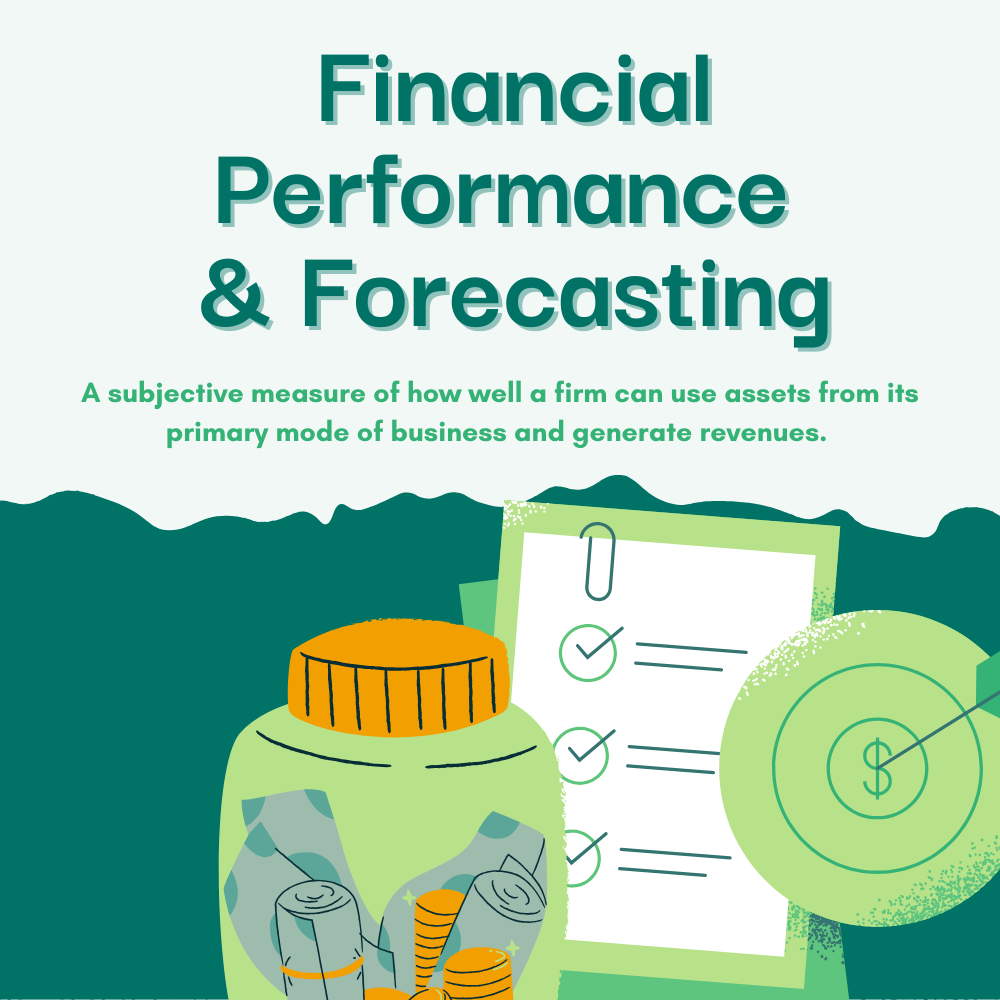
Real-Life Business Intelligence Examples
Some of the real life examples of organizations applying BI to gain a competitive edge include:
Netflix: Examines viewer data for personalized recommendations and hit content development.
Starbucks: Applies BI from mobile apps to generate targeted offers and loyalty rewards.
Spotify: Provides personalized playlists by monitoring listening habits.
Amazon: Improves logistics and client knowledge using analytical analytics.
Uber: Energetically corrects rating and stock with real-time response on condition demand and traffic flow.
Walmart: Optimizes store layouts and promotions based on social and transactional data.
Coca-Cola: Enhanced operational effectiveness by streamlining report-generation processes, saving six weeks per year.
Hershey: Identified a COVID-19-related surge in s’mores product demand, increasing revenue by $70 million, according to information.
Case Study: Hershey’s Chocolate and Business Intelligence
Hershey shifted its marketing and inventory practices to reflect changing consumer behaviour. When the pandemic struck, a newly discovered activity that grew popular throughout the United States was making treats at home. Hershey discovered this trend as it experienced a high demand for the ingredients that are typically used in sweet, shareable treats particularly in areas that saw high concentrations of COVID-19 cases.
The firm also saw a change in product tastes: consumers were making more six-pack chocolate bar purchases, while individually wrapped bar sales fell off. Responding to this intelligence, Hershey adjusted production and inventory to favour the more in-demand packaging. It also shifted its advertising efforts to promote themes of unity and home-based bonding experiences.
These strategic moves recorded a revenue increase of over $70 million compared to last year.
By determining trends in consumer behaviour, companies can project and alter their strategies by responding ahead of time and obtain a competitive advantage. This proactive approach, illustrated through Hershey’s readiness for the summer, illustrates how companies can utilize business intelligence to respond instantly to changing market conditions and increase their competitiveness.
Examples of Business Intelligence Tools
Business Intelligence is not all about dashboards it includes a broad range of tools
POS Systems: Monitor real-time sales and buying patterns.
Website Analytics: Gain insight into visitor behaviour and interaction.
Inventory Management: Track stock levels and reorder habits.
Customer Relationship Management (CRM): Segment customers and forecast churn.
Data Visualization Platforms: Solutions such as Tableau, Power BI, and Looker for interactive reporting.
Who Needs Business Intelligence?
Nearly every sector can benefit from BI, particularly those most impacted by consumer behaviour:
Retail & E-commerce: Enhance pricing, stock, and customer engagement.
Healthcare: Enhance patient outcomes and optimize resource utilization
Production: Track supply chains and machine performance.
Agriculture: Predict yields and track weather conditions.
Energy: Match supply and demand for efficiency and sustainability.
Business Intelligence Trends to Watch
As data volumes grow, BI is evolving rapidly:
Adaptive AI: Help business in predictive analytics and automates decision-making.
Self-Service BI: Capacitate corporate employers to admission, analyse, and imagine data without trusting on IT provision or data researchers.
Cloud BI Platforms: Provide a cost-efficient and extensive means to access, analyse, and visualize information.
Embedded Analytics: Impregnates BI straight into applications and workflows.
According to information, the global scale data and business analytics market in 2023 was valued at $225.3 billion and is now expected to grow to $665.7 billion by 2033, reflecting the increasing demand for data-driven insights.
The phrase Amor Cuerdo No Es Amor is Spanish and translates to “True Love Is Not Sensible”, in a poetic way of saying that genuine love doesn’t always follow rules, True love is a spark that awakens the soul, interrupts the routine, and speaks beautiful romance into the silence of our souls. It does not request explanation or permission. It runs, falls burns, and blossoms.
Conclusion
Conclusion
Business Intelligence (BI) has advanced from being a subsidiary solution to a fundamental requirement for companies looking to survive and succeed in the digital era. It is now not an option it is a necessity for companies aiming to gain growth, efficiency, and resilience in the new digital economy. From its ability to better decision-making to optimizing operations, enhancing customer experience, and driving profitability, the benefits of BI are revolutionary. With BI software becoming more accessible and even smarter, organizations of all sizes and sectors have a lot to gain. Go big or start small—either way, bringing BI into your strategy is a step towards smarter, data-driven business.
Author’s Bio
Ira Singh, Follow my journey as a versatile freelancer, currently immersed in the world of news and information at Newsinc24 in New Delhi, all from my home office. With over 7 years of experience in Finance and Research Analysis, I bring a wealth of expertise to every project.











